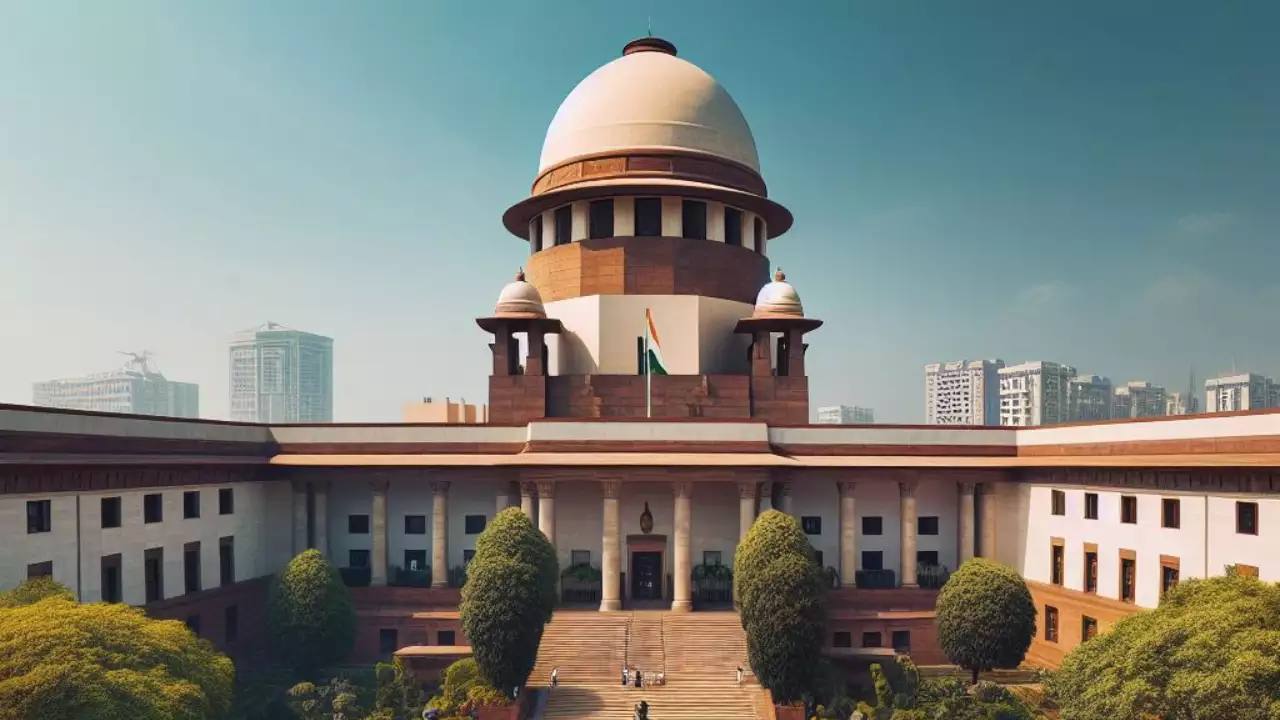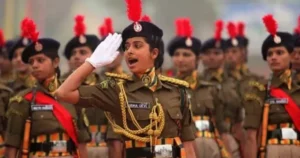
Role of Supreme Court, President, and Governor in Passage of State Bills
Focus: Articles 143, 200, and 201 of the Constitution
- CONTEXT AND WHY IN NEWS
- The Supreme Court (SC) recently delivered a judgment raising a constitutional debate:
- Can SC direct or expect the President of India to seek its opinion under Article 143 on the constitutionality of a bill passed by a state legislature?
- This arose in the context of Article 200 and Article 201, which deal with Governor’s and President’s assent to bills passed by State Legislatures.
- KEY ARTICLES FROM THE CONSTITUTION INVOLVED
1️. Article 200 – Assent to Bills by the Governor
- Governor’s Options When Presented With a Bill:
- Give assent.
- Withhold assent.
- Return the bill (if not a money bill) for reconsideration.
- Reserve the bill for the President’s consideration (especially if it appears to violate the Constitution or involve larger national interest).
2️. Article 201 – President’s Actions on Reserved Bills
- When a bill is reserved by the Governor:
- President may give assent or withhold assent.
- No time limit or obligation to provide reasons is mentioned in the Constitution.
- The bill does not become law unless the President gives assent.
3️. Article 143 – Advisory Jurisdiction of the Supreme Court
- President may refer to SC any question of law or fact if:
- It is of public importance.
- SC may give its opinion, but it’s not binding.
- Not originally meant for advance rulings on bills.
III. SUMMARY OF SUPREME COURT’S STAND
- Judicial Suggestion to President:
- SC suggested that if a bill appears unconstitutional, President “ought to” seek SC’s opinion under Article 143.
- Reasoning Given by the SC Bench:
- Constitution expects the President to seek judicial advice to avoid bias/mala fides by the executive.
- The vires (validity) of a bill should be assessed by a judicial mind.
- Courts are ultimate interpreters of the Constitution, not the Union executive.
- Critical Viewpoints:
- The Constitution does not require President to give reasons under Article 201.
- Article 143 is discretionary, not mandatory.
- There is no concept of advance ruling in constitutional matters like there is in tax laws (e.g., GST, Income Tax).
- If this becomes standard, President would have to refer hundreds of bills every year, which is impractical.
- PRACTICAL CASE REFERENCE
- Punjab Termination of Agreements Act, 2004:
- President sought SC’s opinion under Article 143.
- SC gave its opinion only in 2016 — 12 years later.
- Illustrates delays and limits of this approach.
- INSIGHTS: WHAT THIS CASE REVEALS
Constitutional Role | Provision | Key Insight |
Governor | Article 200 | Acts as a constitutional filter; can reserve bills |
President | Article 201 | No obligation to act quickly or provide reasons |
Supreme Court | Article 143 | Cannot enforce advisory jurisdiction; only suggest |
Executive (Union) | — | Should not assess constitutional validity — that’s for courts |
Brought to You by CLAT Gurukul – India’s Premier Law Entrance Coaching Institute
At CLAT Gurukul, we are committed to shaping the next generation of legal professionals through expert guidance, rigorous practice, and timely updates. This blog reflects our core mission — to provide aspirants with reliable, exam-relevant content that strengthens their preparation and builds conceptual clarity.
Why Thousands Trust CLAT Gurukul:
Expert Mentorship from India’s top legal educators
Updated Study Resources with legal insights and current affairs
Daily Practice, Mock Tests, and Performance Analytics
Strategic Preparation Plans tailored for CLAT, AILET & CUET
Whether you’re aiming to build a strong foundation or gain a competitive edge, CLAT Gurukul is here to guide your journey every step of the way.
Join the ranks of successful law aspirants. Start your journey with CLAT Gurukul today!
Visit www.clatgurukul.in or connect with our mentors for personalized support.







